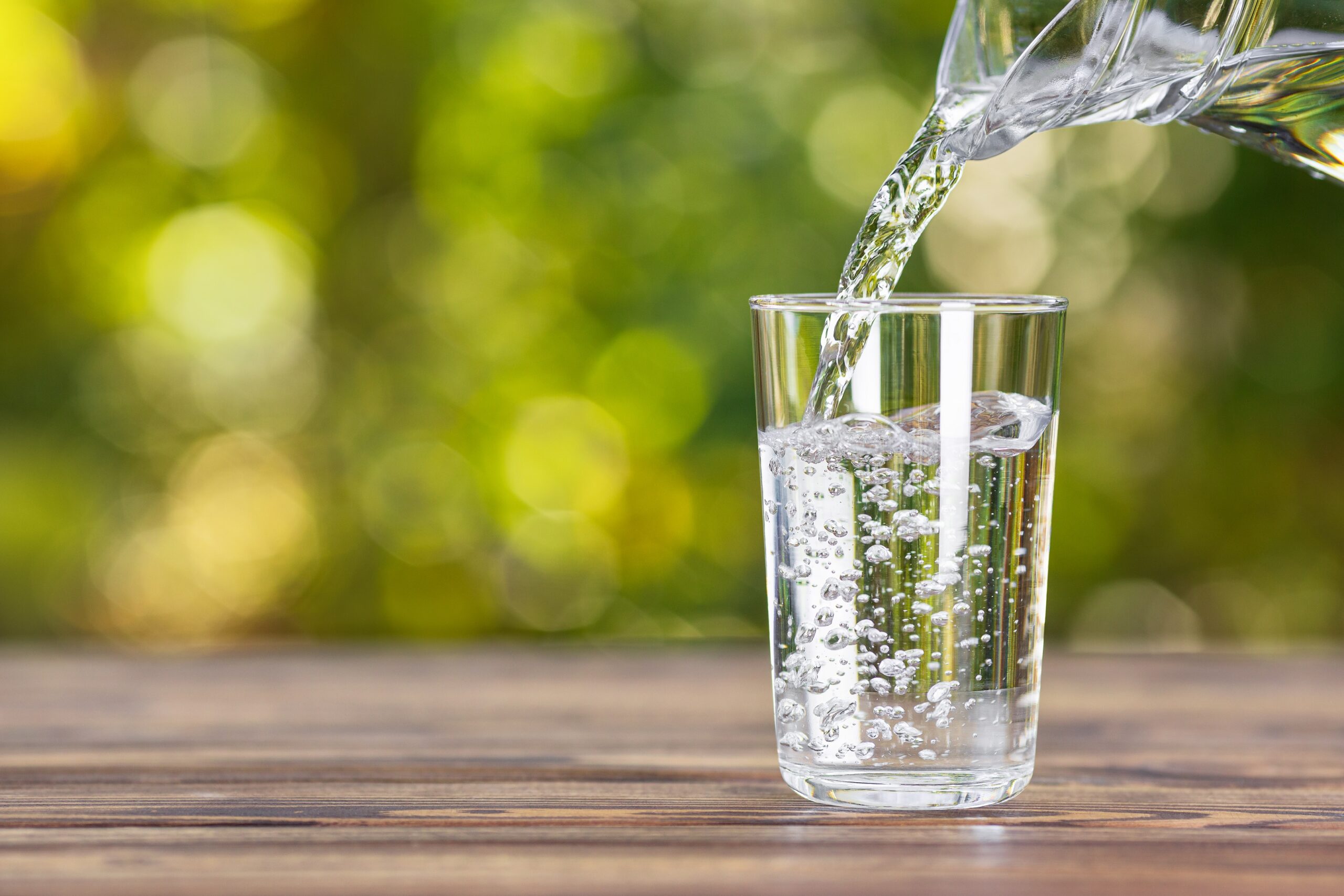The theme for this year’s Earth Day, 22nd April 2023, was ‘Invest in our Planet.’ Real investment will not happen if we are unclear about what the current environmental problems are, warns Columban missionary Fr Sean McDonagh.
In August 2021, the 6th Assessment Report of the Intergovernmental Panel on Climate Change reported that the only possible way to avoid warming of 1.5 or 2 degrees Celsius is to implement massive and immediate cuts in greenhouse gas emissions.
In 2021, China was the biggest emitter of (CO2) accounting for 31 percent of global emissions, while the US, which has a much smaller population was responsible for 14 percent. Africa generated 4 percent of greenhouse gas emissions.
Unfortunately, Africa will face some of the worst consequences of climate change through droughts, floods, and rising sea-levels. For example, in March 2023 both the Somalia government and the United Nation estimated that 43,000 people died of hunger through drought in 2022.
Unfortunately, there are other environmental issues such as water, which do not receive the same attention as climate change does today. In 2003, I wrote a book entitled Dying for Water to mark the fact that the United Nations General Assembly had then declared 2003 as the International Year on Fresh Water.
At that time, the population of the earth was over 6 billion people. 1.2 billion people, or about one third of the world’s population, had no access to clean water. 2.5 billion people had no sanitation.
These figures taken the United Nations Environment Programme (UNEP) report Global Environmental Outlook involved more than one thousand scientists. The report was prepared for the Summit on Sustainable Development which met in Johannesburg in August 2002.
During my time as a missionary in the Philippines, I remember the countless hours that T’boli women devoted to collecting and carrying T’boli people in Mindanao. The Santa Cruz Mission tried to supply water pumps in many T’boli communities so that women did not have to spend a lot of time drawing water.
We often forget the enormous amounts of water we use today. It may come as a surprise to learn that it “takes 400,000 litres of water to manufacture one car, 2,000 litres to produce on glass of brandy and 42,500 litres to produce one kilo of beef.”[1]
Humans need to drink clean water every day, but, unfortunately, the poor pay much more for water than the rich. Poor people living in Tanzania pay 5.7 percent of the daily wages on water. In Pakistan it cost 1.1 percent of their income. In Britain, people pay 0.013 percent of their water, and the United States it costs as little as 0.006 percent of their wages.[2]
Uisce Eareann is the new name for Irish Water. The company was incorporated under the Water Services Act 2013. It continues to deliver clean, fresh, and reliable public drinking water and also provides wastewater service in Ireland. Unlike every other country, drinking water is free to the ordinary citizens unless they use more than 213,000 litres of water per year.
In March 2023, the United Nations World Water Report was published in New York. It believes that everyone should have access to drinking water by 2030. According to Richard Connor, one of the authors of the Report, “achieving universal coverage by 2030 will require a quadrupling of the current rates of progress in the provision of water and supply services.”[3]
According to the UN Report around 2 billion people do not have access to safe drinking water.[4] Finally, the UN Report found “that 3.6 billion people or 46 percent of the world’s population, lack access to a toilet or latrine that disposes of human waste safely.”[5]
According to Connor, what is needed now is action not words. It is easy for governments and non-government organisations to make promises at international meetings like the UN without understanding these as binding promises that should be implemented immediately.
Today, we need political will across the globe to quadruple the spending on providing clean water and adequate sewage services for everyone on the planet.
Christians should be at the forefront ensuring that water should be available to everyone on the Earth today as a central dimension of Christian Social Teaching.
[1] Patrick Smyth, “The great divide.” The Irish Times, March 2001, page 6.
[2] Sean McDonagh, 2002, page 16.
[3] Jason Arunn Murugesu, Safe drinking water remains out of reach for billions,” NewScientist, 1 April, page 19.
[4] Ibid
[5] Ibid
Please support Columban mission projects with the poorest and most vulnerable by sending a donation to Columban Mission, Dalgan Park, Navan, Co Meath C15 AY2Y. Alternatively, you can donate online at www.columbans.ie or call 00353 46 909 8275.

